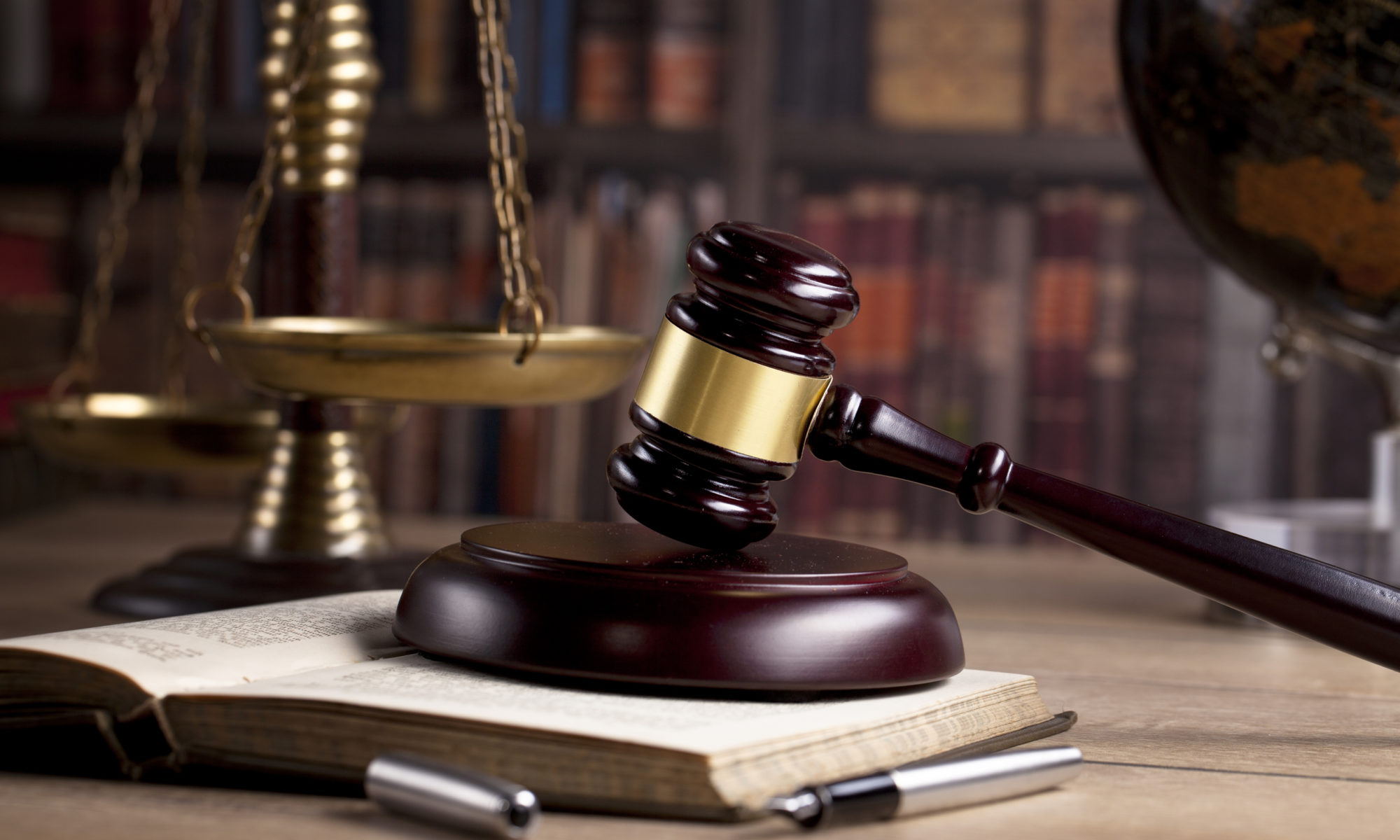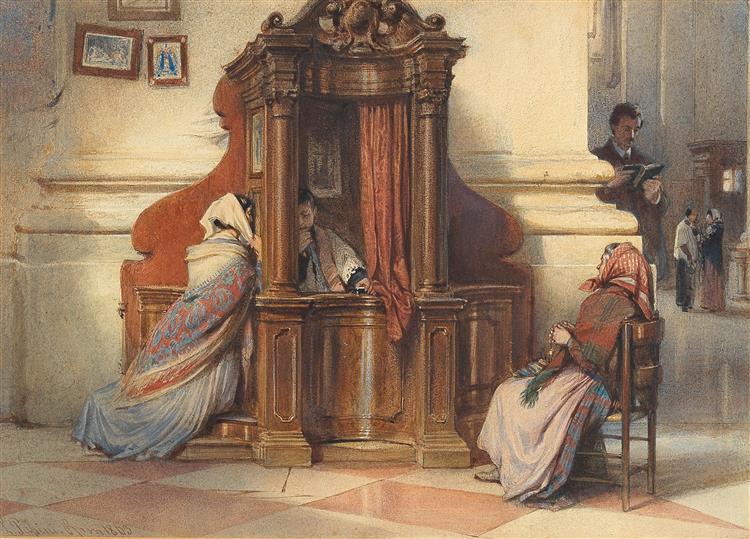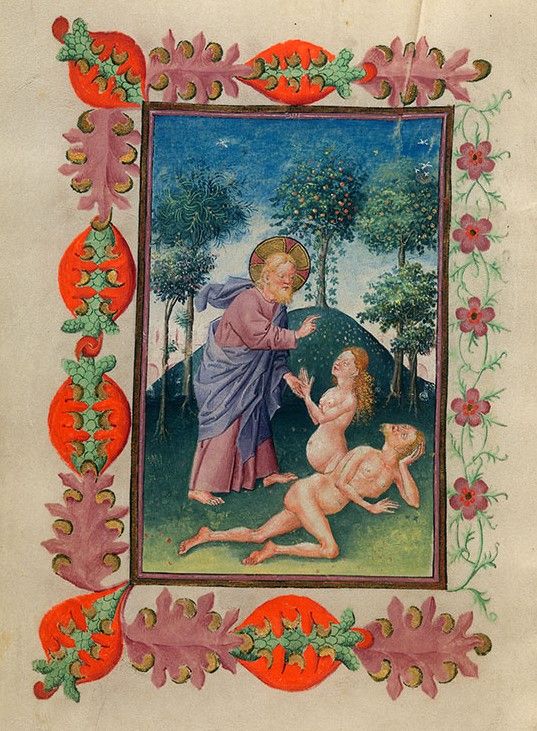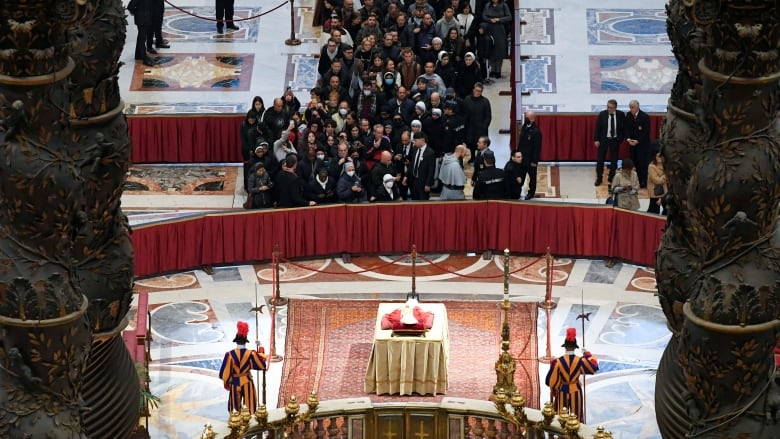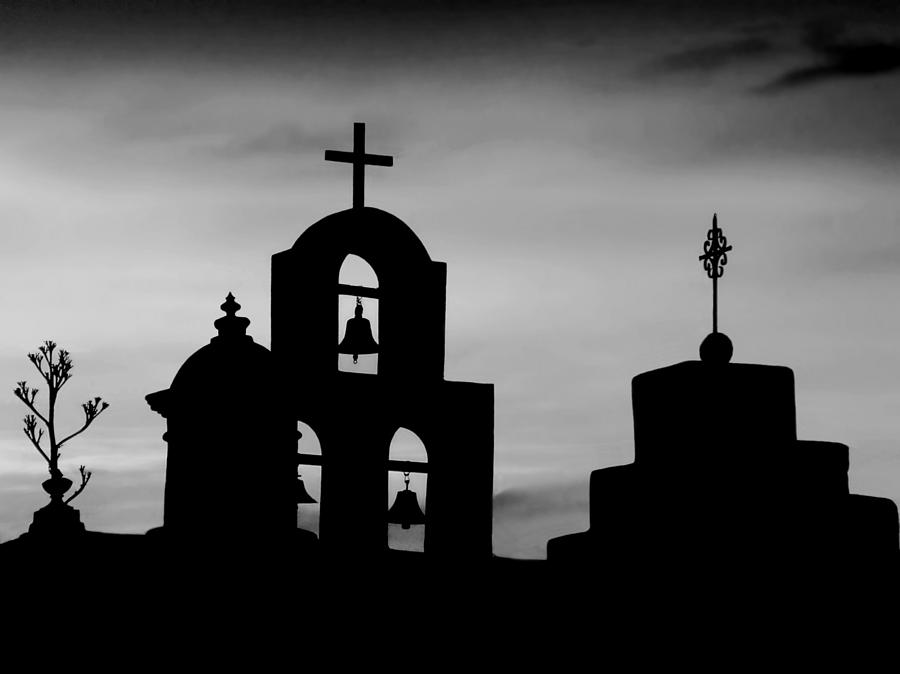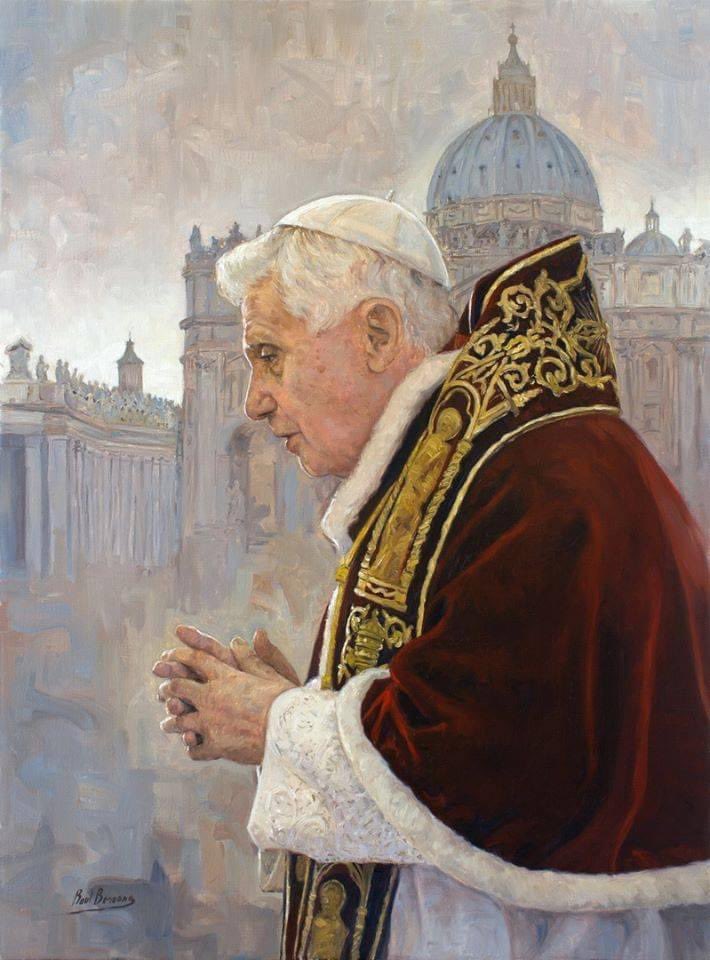In the United States these days, there is a strong endorsement and celebration of LGBT (Lesbian, Gay, Bisexual, and Transgender) ideology. Not only that, but it is considered taboo to have a viewpoint opposing the LGBT movement, the “woke” agenda, and the “tolerant” camp.
Some additions have been made to the movement’s name over the years, and the full acronym is now “LGBTQIA+,” but I will use the abbreviation “LGBT” for short.
Basically, there are two sides to this issue. One side is emotionally sympathetic toward the cause of LGBT people, viewing them as an oppressed minority, and therefore urges that individuals, and society as a whole, should practice God’s love by moving in the direction of acceptance, even celebration, of them. The other side, on the contrary, is looking at the issue, not in terms of acceptance or rejection of people, but rather in terms of truth and falsehood. The argument of this side is that anything that leads to the destruction of the soul must be avoided, and that love (defined by Thomas Aquinas as “that which wills the good of the other”) means trying to help people understand the truth about what behaviors lead to destruction and what behaviors lead to salvation.
How did LGBT Pride Month begin?
How did Pride Month begin in the first place?
The origin of Pride Month, which celebrates the LGBT community, was a series of protests in New York City, now known as the “Stonewall Riots,” or the “Stonewall Rebellion.” The following description of this incident (or series of incidents), summarized from Wikipedia, is based on the reports of the gay community, and does not include testimony from the police, but it is generally believed to be accurate.
The “Stonewall Inn,” a gay bar, was frequently raided by the police because of its association with the Genovese crime family, and because of its exposed go-go dancers. Although the police were mainly there to prevent crime, they also behaved in ways that could be considered harassment of the LGBT people gathered there.
June 28, 1969 at the Stonewall was not the same as any other night. The patrons were feeling sad after the death, six days earlier, of actress Judy Garland, who had been in favor of homosexual rights. They had gathered at the Stonewall Inn in memory of Judy when the police raid began. The repeated raids by the police, plus the death of actress Judy Garland, had taken their patience to the limit, and they began to attack the police officers. The situation quickly escalated into a riot, which continued for the next few days, eventually involving over 2,000 LGBT people and over 400 police officers.
On June 28, 1970, a parade was held to commemorate the first anniversary of the riots. Since then, June has become a memorable month for LGBT people, and Pride Month was born.
U.S. Presidents Who Supported LGBT Ideology
In June 1999, President Bill Clinton, in honor of the Stonewall riots, designated June as Gay and Lesbian Pride Month.
In June 2011, President Barack Obama added “bisexual” and “transgender” to the categories to be celebrated during Pride Month.
In 2012, then-Vice-President Joe Biden (who is now the President), a member of the Catholic Church, began to publicly endorse same-sex marriage, with complete disregard for Catholic doctrine. Prior to that, as a Senator, Biden had consistently voted against same-sex marriage. Nobody knows why he suddenly changed his mind in 2012; however, support for LGBT ideology has been one of the major elements of the Democrat Party platform since the days of Bill Clinton. It is likely that Biden, a Democrat, supported same-sex marriage for political reasons.
Jesus said, “No one can serve two masters; for either he will hate the one and love the other, or he will be devoted to the one and despise the other. You cannot serve God and mammon.” (Matthew 6:24). Biden supports not only same-sex marriage, but also abortion “rights,” and transgender “care,” putting his career ahead of God, and is clearly a Catholic in name only.
Questioning Moral Issues
The Pride events held in Washington D.C. this year, including one held at the White House on June 10, were well attended, and approved of by many, but some moral questions were raised.
In the U.S., we are free to have events and celebrate. (Needless to say, though, you can’t have illegal, publicly unauthorized events.) This means that there is nothing wrong with LGBT people celebrating Pride Month, as long as the events are done in an appropriate way by people who agree with the celebration.
However, at a recent Pride parade, some participants wore costumes that were so extreme that they would normally be considered indecent exposure. A parade that you wouldn’t want your children to see took place in broad daylight.
The Problem Behind the Events
As the website ChurchLaw & Tax points out, the First Amendment to the U.S. Constitution embraces two concepts: freedom of belief, and freedom of conduct. Unlike belief, conduct can be regulated in order to protect the community.
I believe that the real issue behind the “Pride” events is the question of what kind of activities, what kind of lifestyles, should be celebrated with great “pride” by the non-denominational (but not, officially, atheistic or secularist) U.S. government.
Furthermore, there is a tendency, at government-sponsored events, to condone behavior that would otherwise be unacceptable. People get the impression that as long as they are participating in a Pride parade, they can do whatever they want. Is it too unreasonable to ask that, parade or no parade, a minimum standard of public decency should be maintained? Surely society can insist on that much, without being considered “discriminatory” and “hateful.”
The Bible: Harmful to Children?
The issue of LGBT ideology affects not only the Church, but also (recently) schools as well.
Books that favor LGBT ideology are now being placed in school libraries; some of these books have explicit sexual content.
According to a June 29 article by Colorado Public Radio (CPR) News, conservative parents are protesting against the presence, in school libraries, of LGBTQ books, and books with sexual content. In response, one parent is demanding that the Bible should be removed from school libraries, because of its (supposedly) explicit and inappropriate sexual and violent content.
The article states: “The American Library Association has recorded more than 1,200 challenges in 2022, the highest number since it began keeping data about censorship in libraries more than 20 years ago” (After a Colorado Springs school district banned several books, one parent is requesting they pull the Bible, too | Colorado Public Radio (cpr.org)).
Many states in the U.S. are currently experiencing similar problems.
The Fatima saint Jacinta warned that it is dangerous to neglect the teachings of the Church, which are eternal, and to follow fads. It is a great contradiction to compare the teachings of the Bible, which are the truth, with books that teach a shifting secular ideology, as if they were equal. In any case, there is no doubt that the culture war is intensifying.
Catholic Doctrine Regarding Chastity and Homosexuality
Catholic concerns about homosexuality are not new, and in recent times, the Church has simply reiterated what it has always taught. For example, in October 1986, Joseph Cardinal Ratzinger (who later became Pope Benedict XVI) addressed homosexuality in a letter to the Bishops of Rome as follows (Letter to the Bishops of the Catholic Church on the Pastoral Care of Homosexual Persons (vatican.va)):
“Nevertheless, increasing numbers of people today, even within the Church, are bringing enormous pressure to bear on the Church to accept the homosexual condition as though it were not disordered and to condone homosexual activity.”
So, what exactly is the Catholic doctrine with regard to homosexuality? The Catechism of the Catholic Church states the following (Paragraphs 2357–2358):
2357 Homosexuality refers to relations between men or between women who experience an exclusive or predominant sexual attraction toward persons of the same sex. It has taken a great variety of forms through the centuries and in different cultures. Its psychological genesis remains largely unexplained. Basing itself on Sacred Scripture, which presents homosexual acts as acts of grave depravity,* tradition has always declared that “homosexual acts are intrinsically disordered.”** They are contrary to the natural law. They close the sexual act to the gift of life. They do not proceed from a genuine affective and sexual complementarity. Under no circumstances can they be approved.
2358 The number of men and women who have deep-seated homosexual tendencies is not negligible. This inclination, which is objectively disordered, constitutes for most of them a trial. They must be accepted with respect, compassion, and sensitivity. Every sign of unjust discrimination in their regard should be avoided. These persons are called to fulfill God’s will in their lives and, if they are Christians, to unite to the sacrifice of the Lord’s Cross the difficulties they may encounter from their condition.
* Cf. Gen. 19:1–29; Rom. 1:24–27; 1 Cor. 6:10; 1 Tim. 1:10.
** CDF, Persona humana 8.
Protecting Freedom and Dignity
Of course, homosexual practices are only one way of committing sins of lust (one of the seven deadly sins); the Catechism deals with many other forms of lust as well, some of which it mentions, in a summary section, as follows (Paragraph 2396):
2396 Among the sins gravely contrary to chastity are masturbation, fornication, pornography, and homosexual practices.
Cardinal Ratzinger explains that the issue of homosexuality is complex and requires theologically balanced advice. He further clarifies that the use of sexual faculties can only be good between a husband and wife. He goes on to emphasize that the Church’s rejection of false ideas that hinder salvation is not a restriction of personal dignity and freedom, but rather a defense of freedom and dignity. (A truly pastoral approach to LGBT persons must acknowledge sin and proclaim the truth about sexuality.)
Is the church guilty of teaching that sin is sin?
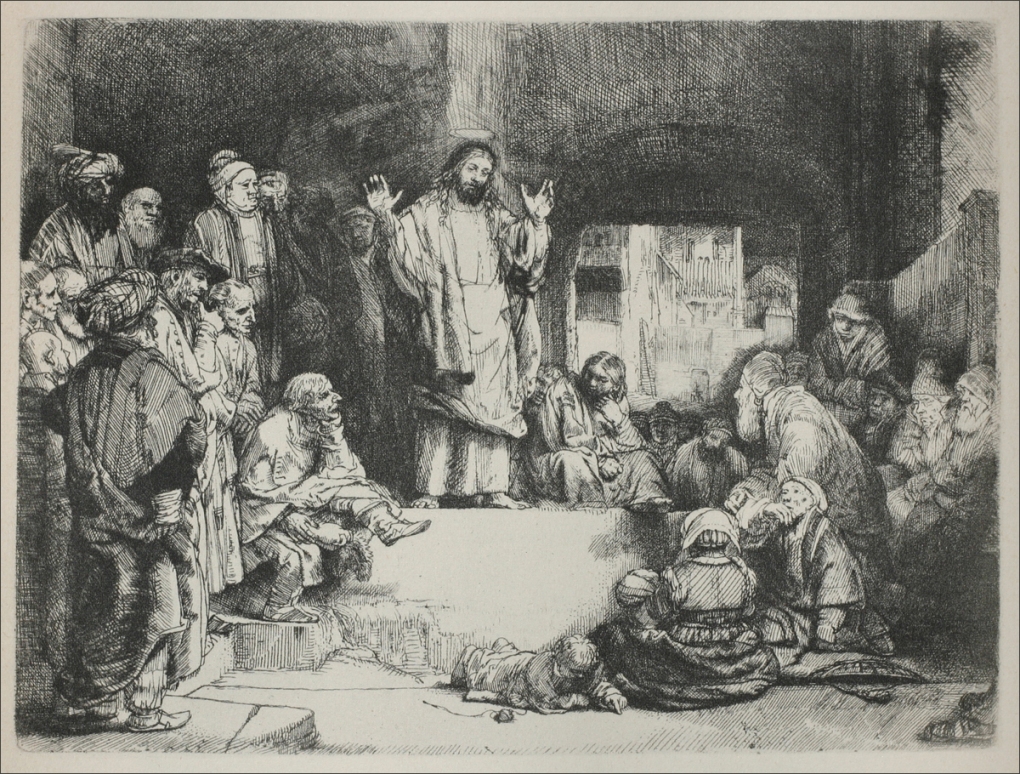
Some people say, “The Catholic Church rejects LGBT people,” and further, “I strive to love and accept all people, because God is love, and he wants us to love one another; not to accept LGBT people is to be a hater who does not practice God’s teaching.” To such people I say, “Calling a sin a sin is not the same as being a hater. God loves all sinners (in other words, all people), and commands us to do the same.
He also hates sin, and wants us to save us from it. To avoid confusion, God has told us clearly (in the Bible and in Church teaching) what things are sins. The Bible says, “There is a way which seems right to a man, but its end is the way to death” (Proverbs 14:12). He has done this not because he is mean, but because sin leads to misery, and God wants us to be happy. “
As for the Church supposedly ”rejecting people:” the Catholic Church asks all its members to be faithful to Catholic doctrine and morals. In other words, anyone who believes what the Church teaches, and is willing to put it into practice, may join the Church. Even if a member of the Church does not correctly believe or practice, he can repent and be forgiven and amend his life, and he will remain a member of the Church in good standing. This is because the Church rejects sin, not people.
If you don’t believe what the Church teaches, don’t join it. To accuse those who do believe it of being “haters,” however, is neither honest nor fair.
Anna-Kate Howell against the LGBTQIA+ Pride Mass
As part of the “culture war,” LGBT ideology has already made its way into the Catholic Church. On June 14, for example, the third annual LGBTQIA+ Pride Mass was held at the Jesuit-run Holy Trinity Church, attended by President Joe Biden. Opponents of the Mass point out that, while it is not entirely or clearly contrary to Catholic doctrine, it is nonetheless problematic (Catholic With Same-Sex Attraction Calls on Cdl. Gregory to Cancel DC ‘Pride Mass’ – LifeSite).
Anna-Kate Howell is a 31-year-old student pursuing a master’s degree in theology. She experiences SSA (same-sex attraction), and also opposes the Pride Mass. She confesses that, in the past, she lived a sinful life that was sexually promiscuous, and even, at the age of 26, had a same-sex marriage. The following are the key points from a letter that Anna sent to Cardinal Gregory of D.C., the parish director of Holy Trinity Church.
Anna’s Letter
– LGBTQ is not our identity. We experience same-sex attraction, but we do not wish to be identified by our disordered impulses. That would be the sin of pride.
– Clarifying the teaching of the Catholic Church is more important than ever. This is because of the concern that there are people within the Church who exploit ambiguity, and use it as a weapon.
– We do not celebrate the impulse to sin (the impulse known as same-sex attraction), and we do not want to mislead people outside the Church.
– People may say, “But participation in Pride doesn’t mean that we agree with every person, every float, or every message we are marching alongside.” True, but I could say the same thing about a Catholic who gives large sums of money to Planned Parenthood: perhaps he or she does not agree with every procedure they perform. Both arguments are ridiculous. Everyone knows that “Pride Month” is mainly about celebrating sexual sins, just as Planned Parenthood exists mainly to perform abortions. For Catholics to show support for either one is scandalous.
– “Your Eminence [Cardinal Gregory], it is my desire as a Catholic to assume the best of every person I encounter. In that spirit of charity, I choose to believe that you are not someone who wishes to create confusion, scandalize believers and nonbelievers alike, or harm the witness of the Church to persons with same-sex attraction.”
– “I believe that it is your desire to accompany persons like me with respect and sensitivity, never forgetting that we are human beings imbued by almighty God with dignity that transcends any disordered dispositions from which we might suffer. It is because I believe these things to be true of you that I am asking you with all my heart as your sister in Christ to please put a stop to the Pride Mass. … It will do no good and a great deal of harm for this event to occur.”
Finally, Anna ends her letter with a prayer for God’s blessing.
Take up your cross, and follow me
Jesus told his disciples, “If any man would come after me, let him deny himself and take up his cross, and follow me.” (Matthew 16:24). This is no easy task. The suffering Anna has gone through must have been extraordinary. I find in Anna’s letter a special strength and persuasiveness that comes from someone who is prepared to carry her own cross.
Cardinal Gregory of D.C. did not order the Mass to be canceled. But I am convinced that her letter gave me, as well as many other Catholics, the courage to continue defending our faith. I pray that the Cardinal will be a good example to the priests and faithful in his diocese, clearly showing them what is right, and guiding them to avoid the death of their souls.
Image: An ancient painting from a Greek tomb. Archaeological Museum of Paestum in Italy


